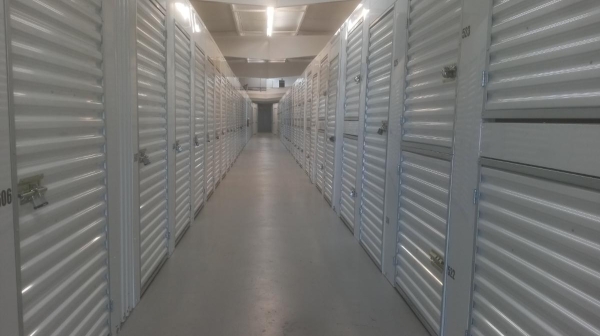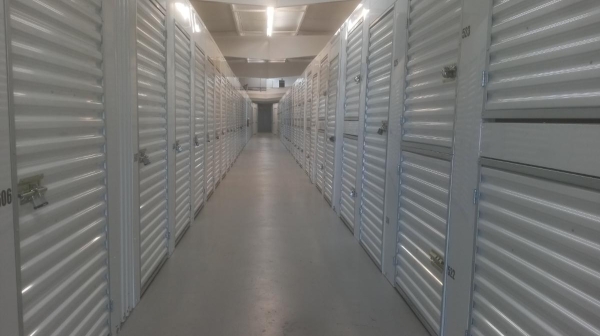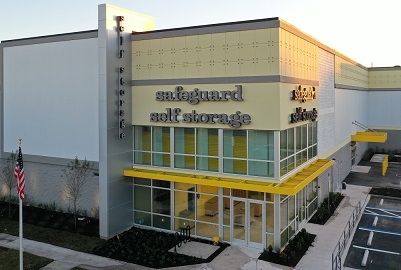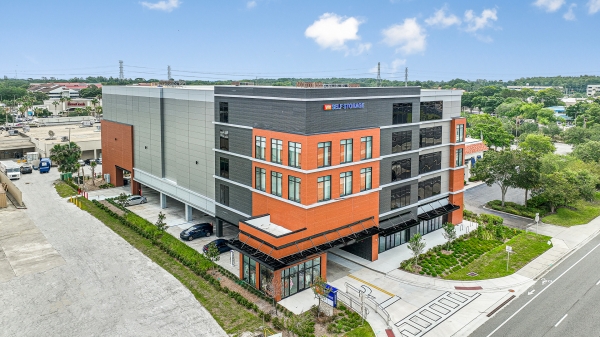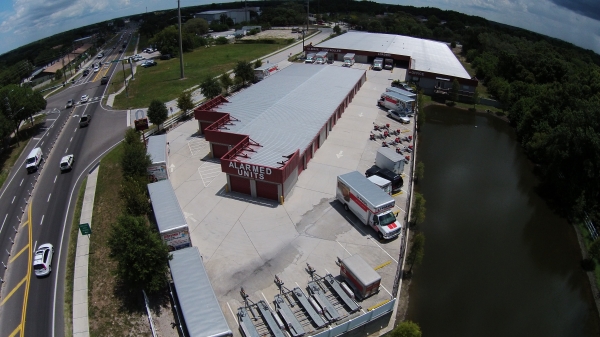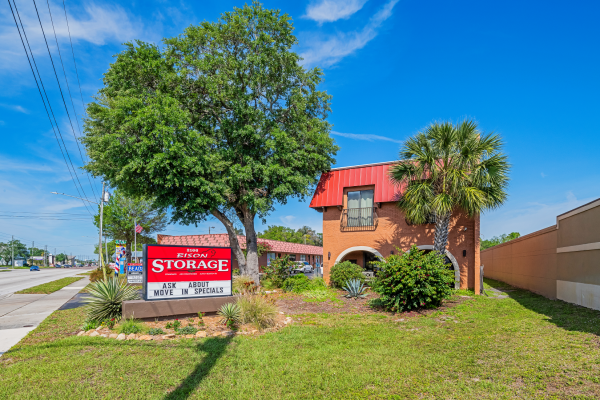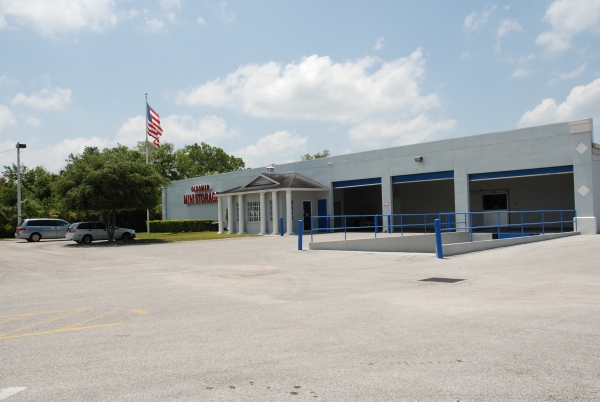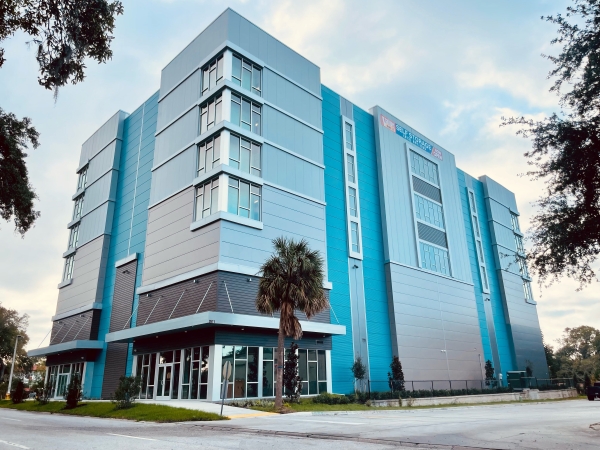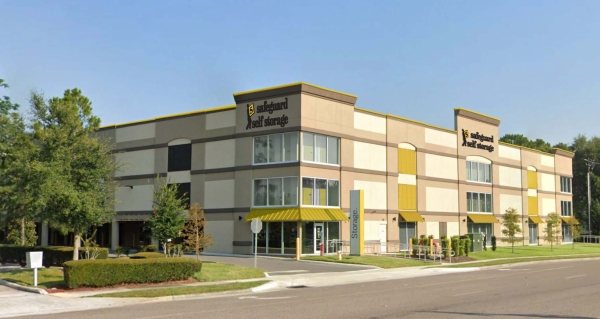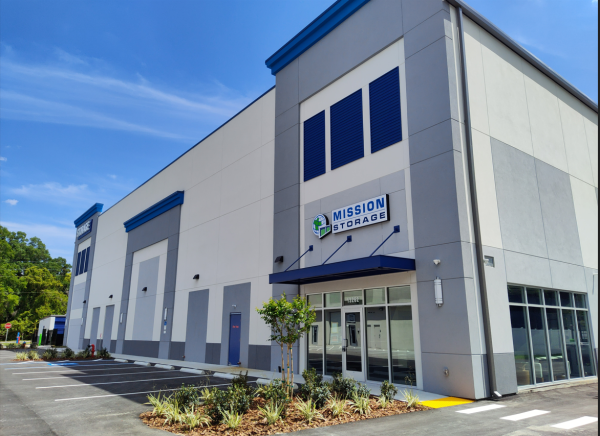Palm Harbor’s humid subtropical climate and proximity to the Gulf Coast mean your storage choices need to account for moisture, storms, and year-round heat. With average humidity levels above 70% and frequent summer thunderstorms, you’ll want protection that goes beyond basic security.
Average Storage Unit Prices in Palm Harbor, FL
Here’s what you can expect to pay for Palm Harbor storage units:
| 5’x5′ | $50 |
| 10’x10′ | $157 |
| 10’x15′ | $201 |
| 10’x20′ | $241 |
What to Look for in a Palm Harbor Storage Unit
- Moisture Defense: With humidity consistently above 70%, climate-controlled units are essential for preventing mold damage to furniture, electronics, and documents.
- Storm Protection: Look for facilities with reinforced construction or covered loading areas to shield your belongings during Florida’s frequent summer storms.
- Marine Equipment Storage: Many Palm Harbor residents need space for boats, fishing gear, and water sports equipment—seek facilities with oversized units and easy trailer access.
- Security for Coastal Areas: Choose facilities with gated access, surveillance cameras, and on-site management, especially important in areas with seasonal population fluctuations.
Frequently Asked Questions
Can I store a boat or jet ski in Palm Harbor?
Yes. Many facilities offer outdoor parking or large units specifically designed for watercraft and trailers, with easy access for launching season.
Do I need climate control for fishing gear?
It’s recommended. High humidity can cause rust on tackle and damage to electronics like fish finders. Climate control helps preserve expensive equipment.
Are there storage units near the marinas?
Several facilities are located within a short drive of local marinas and boat ramps, making it convenient to store and access marine equipment.
How do facilities handle hurricane season?
Most storage facilities have emergency protocols and may restrict access during severe weather. Ask about storm preparation and insurance recommendations when renting.
Can I store outdoor furniture year-round?
Yes, but use climate-controlled storage to prevent humidity damage to cushions and metal components. Clean and dry items thoroughly before storage.
